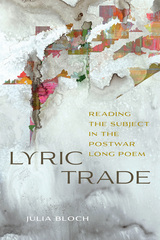10 start with M start with M


Countering our image of early Anglo-American families as dominated by harsh, austere patriarchs, Anne Lombard challenges long-held assumptions about the history of family life by casting a fresh look at the experience of growing up male in seventeenth- and eighteenth-century New England. Drawing upon sources ranging from men's personal writings to court records to medical literature, Lombard finds that New England's Puritan settlers and their descendants shared a distinctive ideal of manhood that decisively shaped the lives of boys and men.
At its core was a suspicion of emotional attachments between men and women. Boys were taken under their father's wing from a young age and taught the virtues of reason, responsibility, and maturity. Intimate bonds with mothers were discouraged, as were individual expression, pride, and play. The mature man who moderated his passions and contributed to his family and community was admired, in sharp contrast to the young, adventurous, and aggressive hero who would emerge after the American Revolution and embody our modern image of masculinity.
Lombard writes with empathy and sensitivity of colonial life and the ways in which it interacted not only with male experience but also with the larger political history of eighteenth-century America.
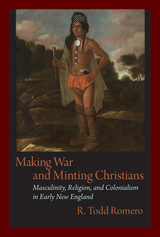
For the English, the cultivation of manliness became an important aspect of missionary efforts. Conversion demanded that the English "make men" of the Indians before they could "make them Christians," a process that involved reshaping Native masculinity according to English patriarchal ideals that the colonists themselves rarely matched. For their part, Native Americans held on to older ways of understanding the divine and defining gender even as they entered English "praying towns" and negotiated the steep demands of the missionaries.
Evolving ideas of masculinity resonated with religious significance and shaped the meaning of warfare for Natives and colonists alike. Just as the English believed that their territorial expansion was divinely sanctioned, Indians attributed a string of victories in King Philip's War to "the Great God" and the perception that their enemies "were like women." Trusting that war and manliness were necessarily linked, both groups engaged in ritual preparations for battle, believed deeply in the efficacy of the supernatural to affect the outcome of combat, and comprehended the meaning of war in distinctly religious ways.
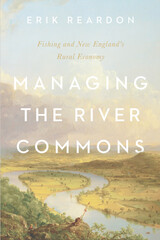
Historian Erik Reardon argues that to protect these fish, New England's farmer-fishermen pushed for conservation measures to limit commercial fishing and industrial uses of the river. Beginning in the colonial period and continuing to the mid-nineteenth century, they advocated for fishing regulations to promote sustainable returns, compelled local millers to open their dams during seasonal fish runs, and defeated corporate proposals to erect large-scale dams. As environmentalists work to restore rivers in New England and beyond in the present day, Managing the River Commons offers important lessons about historical conservation efforts that can help guide current campaigns to remove dams and allow anadromous fish to reclaim these waters.
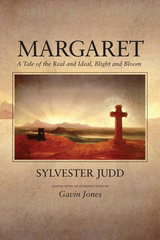
As Gavin Jones points out in his new introduction, Margaret perhaps stands alone in its creation of a female character who grows in social rather than domestic power. The novel also remains unique in its exploration of transcendental philosophy in novelistic form. Part eco-criticism, part seduction novel, part temperance tract, and part social history, Margaret is a virtual handbook for understanding the literary culture of mid-nineteenth-century America, the missing piece in puzzling out connections between writers such as Hawthorne, Melville, Whitman, and Thoreau.
Margaret was widely read and deeply influential on both British and American writers throughout the nineteenth century but controversial for its representations of alcoholism and capital punishment. Judd's novel remains resonant for today's readers as it overturns conventional views of the literary representation of women and the origins of the American Renaissance.
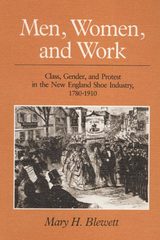
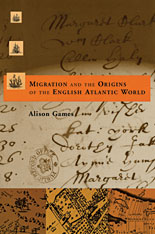
England's seventeenth-century colonial empire in North America and the Caribbean was created by migration. The quickening pace of this essential migration is captured in the London port register of 1635, the largest extant port register for any single year in the colonial period and unique in its record of migration to America and to the European continent. Alison Games analyzes the 7,500 people who traveled from London in that year, recreating individual careers, exploring colonial societies at a time of emerging viability, and delineating a world sustained and defined by migration.
The colonial travelers were bound for the major regions of English settlement--New England, the Chesapeake, the West Indies, and Bermuda--and included ministers, governors, soldiers, planters, merchants, and members of some major colonial dynasties--Winthrops, Saltonstalls, and Eliots. Many of these passengers were indentured servants. Games shows that however much they tried, the travelers from London were unable to recreate England in their overseas outposts. They dwelled in chaotic, precarious, and hybrid societies where New World exigencies overpowered the force of custom. Patterns of repeat and return migration cemented these inchoate colonial outposts into a larger Atlantic community. Together, the migrants' stories offer a new social history of the seventeenth century. For the origins and integration of the English Atlantic world, Games illustrates the primary importance of the first half of the seventeenth century.
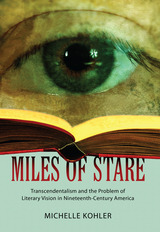
The strangeness of nineteenth-century poetic vision is exemplified most famously by Emerson’s transparent eyeball. That disembodied, omniscient seer is able to shed its body and transcend sight paradoxically in order to see—not to create—poetic language “manifest” on the American landscape. In Miles of Stare, Michelle Kohler explores the question of why, given American transcendentalism’s anti-empiricism, the movement’s central trope becomes an eye purged of imagination. And why, furthermore, she asks, despite its insistent empiricism, is this notorious eye also so decidedly not an eye? What are the ethics of casting a boldly equivocal metaphor as the source of a national literature amidst a national landscape fraught with slavery, genocide, poverty, and war?
Miles of Stare explores these questions first by tracing the historical emergence of the metaphor of poetic vision as the transcendentalists assimilated European precedents and wrestled with America’s troubling rhetoric of manifest destiny and national identity. These questions are central to the work of many nineteenth-century authors writing in the wake of transcendentalism, and Kohler offers examples from the writings of Douglass, Hawthorne, Dickinson, Howells, and Jewett that form a cascade of new visual metaphors that address the irreconcilable contradictions within the transcendentalist metaphor and pursue their own efforts to produce an American literature. Douglass’s doomed witness to slavery, Hawthorne’s reluctantly omniscient narrator, and Dickinson’s empty “miles of Stare” variously skewer the authority of Emerson’s all-seeing poetic eyeball while attributing new authority to the limitations that mark their own literary gazes.
Tracing this metaphorical conflict across genres from the 1830s through the 1880s, Miles of Stare illuminates the divergent, contentious fates of American literary vision as nineteenth-century writers wrestle with the commanding conflation of vision and language that lies at the center of American transcendentalism—and at the core of American national identity.
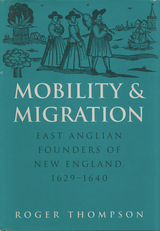
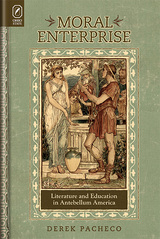
READERS
Browse our collection.
PUBLISHERS
See BiblioVault's publisher services.
STUDENT SERVICES
Files for college accessibility offices.
UChicago Accessibility Resources
home | accessibility | search | about | contact us
BiblioVault ® 2001 - 2024
The University of Chicago Press



